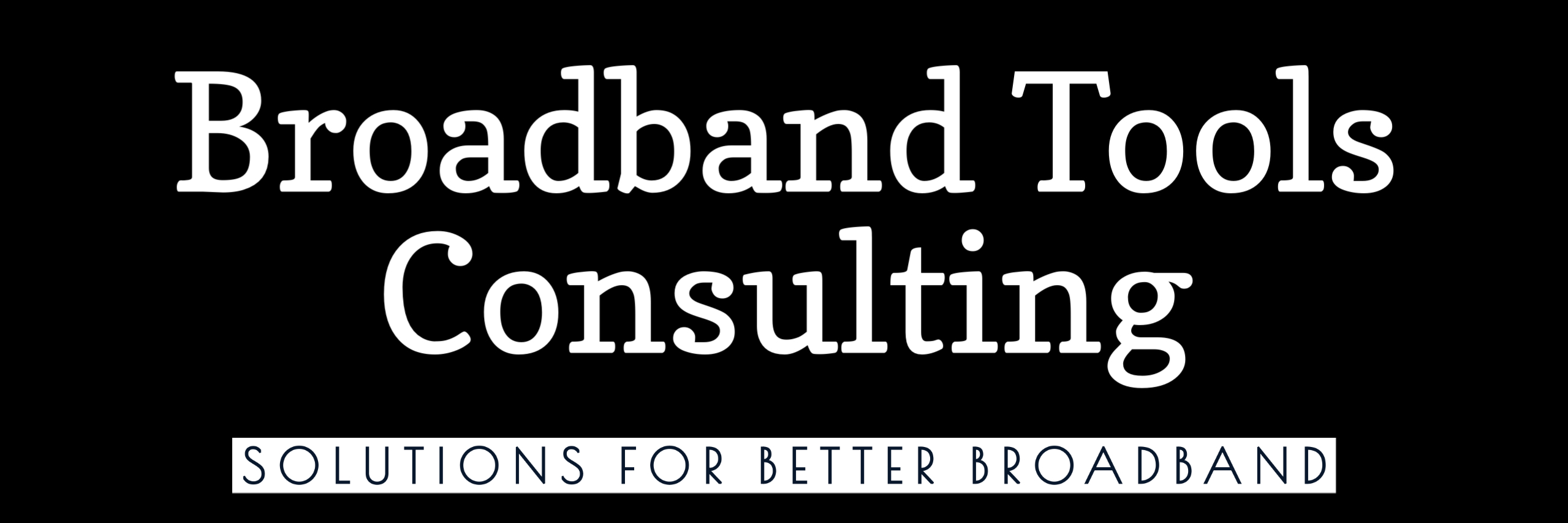As demand for high-speed internet continues to grow, internet service providers (ISPs) are exploring new technologies to deliver faster and more reliable internet connections to homes and businesses. Two of the most popular technologies currently in use are Fiber-to-the-Home (FTTH) and Fixed Wireless Access (FWA). In this blog post, we’ll compare and contrast these two technologies to help you understand their similarities, differences, and the benefits they offer.
What is Fiber-to-the-Home (FTTH)?
Fiber-to-the-Home (FTTH) is a broadband internet service that delivers high-speed internet connections directly to homes and businesses through fiber optic cables. This technology uses optical fibers made of glass or plastic to transmit data as light signals. FTTH networks are capable of delivering speeds of up to 1 gigabit per second (Gbps) or higher, making them some of the fastest and most reliable internet connections available.
Benefits of FTTH:
- High speed and reliability: FTTH networks are capable of delivering internet speeds of up to 1 Gbps, which is much faster than traditional broadband connections. Additionally, since FTTH uses fiber optic cables, which are less susceptible to interference and signal loss, the connection is more reliable.
- Low latency: FTTH networks typically have low latency, which means that the time it takes for data to travel from the user’s device to the internet and back is very low. This is particularly important for applications such as online gaming, video conferencing, and other real-time applications.
- Scalability: FTTH networks are highly scalable and can easily be upgraded to support higher speeds and increased bandwidth as demand grows.
What is Fixed Wireless Access (FWA)?
Fixed Wireless Access (FWA) is a broadband internet service that uses radio waves to deliver high-speed internet connections to homes and businesses. This technology typically involves installing a small antenna on the outside of a building, which receives the wireless signal from a nearby tower. The signal is then converted into an internet connection that can be used by devices inside the building.
Benefits of FWA:
- Quick deployment: FWA networks can be deployed quickly since they do not require the installation of physical cables. This makes FWA a good option for areas where it may be difficult or expensive to install traditional broadband infrastructure.
- Lower costs: FWA networks are typically less expensive to deploy than FTTH networks since they require less physical infrastructure.
- Flexibility: FWA networks are highly flexible and can be easily relocated or reconfigured as needed. This makes them a good option for temporary installations, such as at construction sites or events.
Comparison of FTTH and FWA:
- Speed and reliability: While both technologies can deliver high-speed internet connections, FTTH networks are generally faster and more reliable than FWA networks. This is because fiber optic cables are less susceptible to interference and signal loss than radio waves.
- Latency: FTTH networks typically have lower latency than FWA networks, which can make a big difference for applications that require real-time data transmission.
- Deployment: FWA networks can be deployed quickly and at a lower cost than FTTH networks, but they may not be as reliable or scalable.
- Availability: FTTH networks are more widely available than FWA networks, particularly in urban areas where the physical infrastructure already exists. However, FWA networks are a good option for rural or remote areas where traditional broadband infrastructure may not be available.
Conclusion:
In summary, FTTH and FWA are two different technologies that can deliver high-speed internet connections to homes and businesses. FTTH is generally faster and more reliable, with lower latency and greater scalability, but it can be more expensive to deploy. FWA is a good option for areas where traditional broadband infrastructure is not available, but it may not be as reliable or scalable as FTTH.
